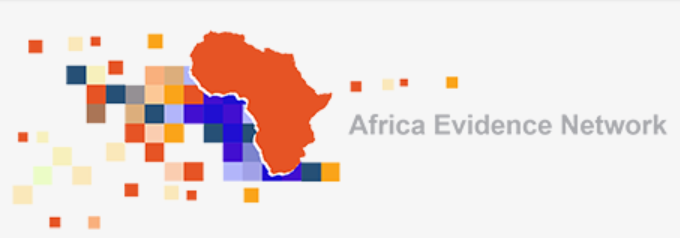
Evidence 2016 Day 3 graphic recording by Nicolene Louw from Fine-Line
Over the last two days, we learn about engaging with the evidence and grappled with how it should be understood by those who intend using it. By day three minds had expanded and ready for building on the previous two days, I was excited and geared to gain insight on how evidence should be used in making an impact on policy change.
The day was started by Dr. Rhona Mijumbi-Deve who shared the practical realities of EIDM in Low and middle-income countries and Prof. Ruth Stewart, who further elaborated on the use of EIDM for increasing the use of evidence and expressing the importance of relationships and networking for evidence to make significant impacts on policy change. However, a common limitation that most could relate to though, was the issue of resource allocation for programs to run until and past their allocated times, which have usually heavily depended on external funding. A question was also raised on how do we reach a point where we (low and middle-income countries) can become attractive to domestic funders to believe in the work that we do, thus not relying external funders… no that we are unappreciative to the latter of course.
But, both speakers also expressed the vast advancement, low and middle-income countries have made in advancing EIDM. In addition to this, it was clearly stated that low and middle-income countries are not to be snubbed, having pioneered strategies which High-income countries actually ended up adopting. These words, one could feel made the audience motivated and inspired for what was to come on day 3. However, with this being said it was also made clear that the evidence is in constant competition with various other factors in policy making. Thus the need for credible, high-quality evidence to be delivered for it to be sustainable. As expected, nothing comes easily.
A common thread seen throughout the day was again the need to intensify our networks and manage relationships. This would allow for committed domestic (national) and external investments to provide sustainability in EIDM. By shifting towards sustainability of programs it would allow for us to look towards the future with more ease and fewer worries. But, like we know by now relationships are tricky. There are various dimensions and approaches for building relationships. Some speakers noted that certain questions we should keep in mind when in the relationship building process such as, is this a once off thing? How do I/we make this sustainable? Is this just part of the research cycle?
Ms. Beryl pointed out that we need to understand networking and relationships, we need to ask ourselves how and why they work the way they do and access them. She further expressed the need for researchers to focus on agendas and not losing focus by being controlled by funders. It was clearly noted that funders can sometimes be the toxic pills that determining the impact we have when using evidence. This was also pointed out during the day by others who voiced that foreign donors mostly dictate what ought to be researched in Africa. Consequently, giving us as Africans less say in addressing the needs that we feel are important. This narrative can end up being tricky, and also requires us to approach it with some balance. I wonder what others think of this?